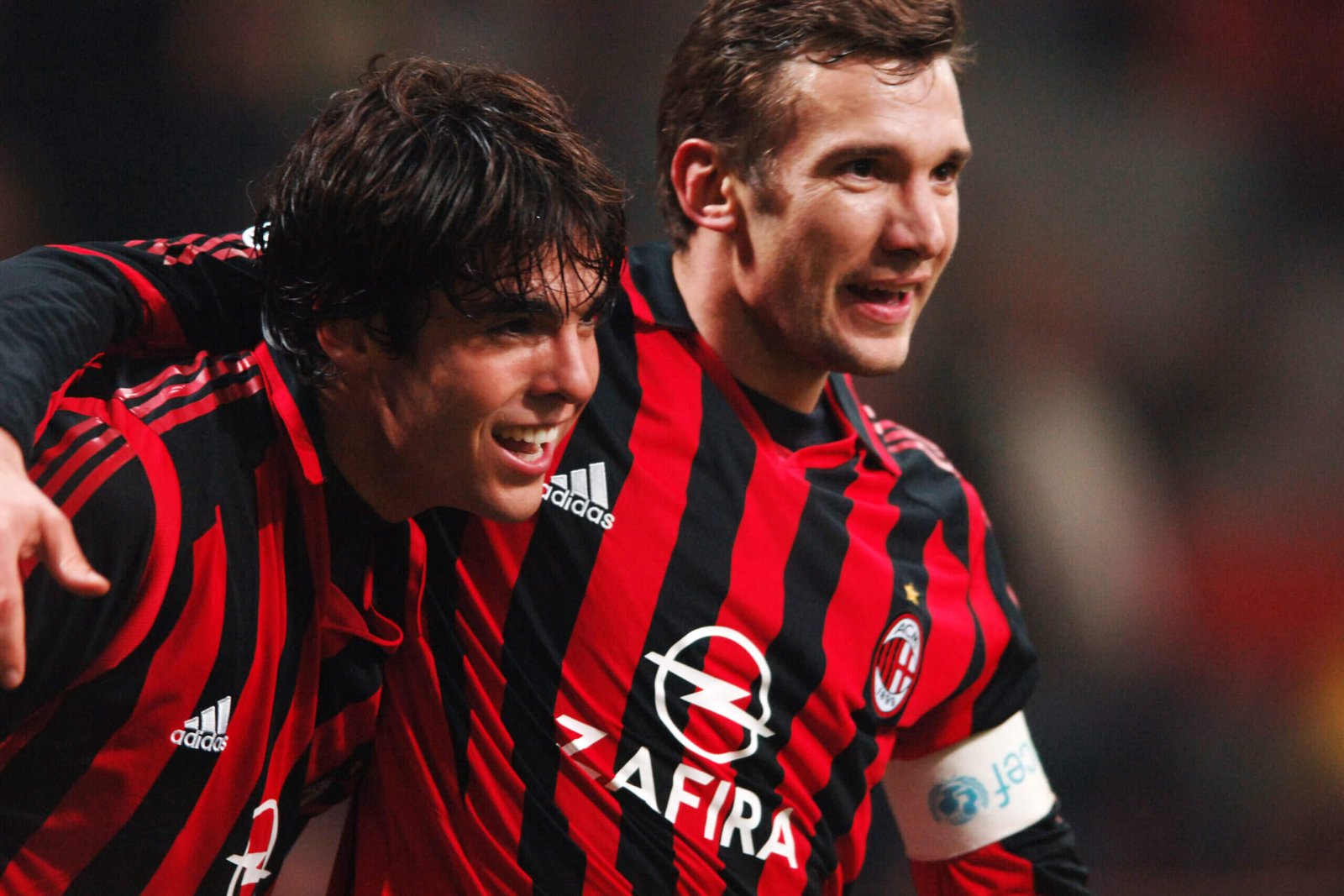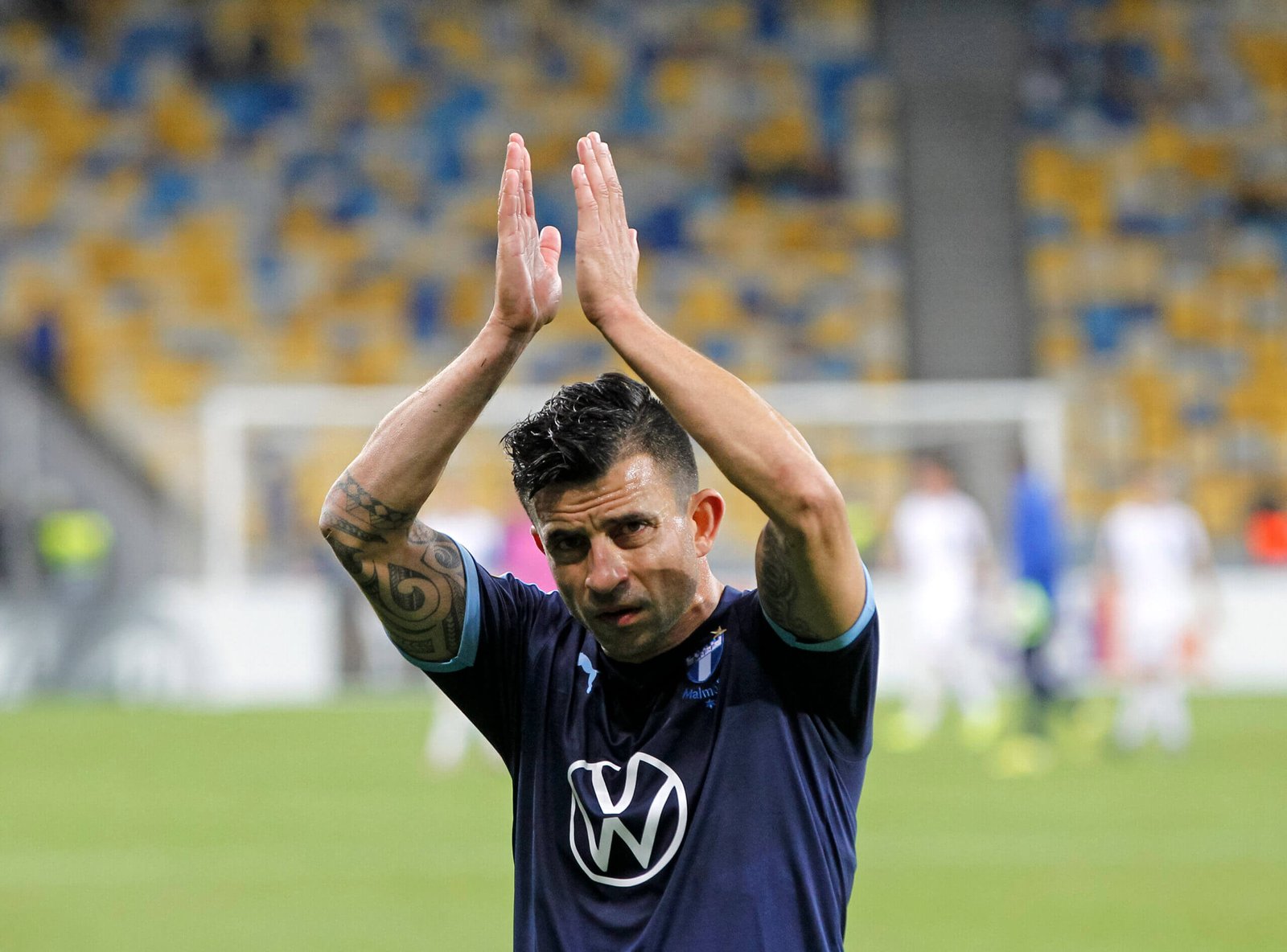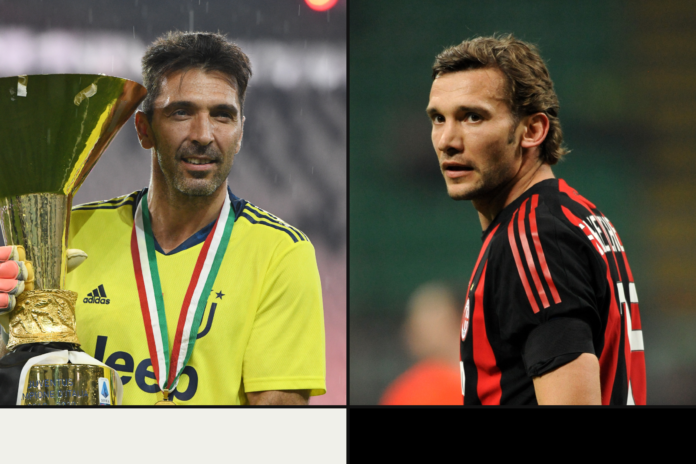How much can a footballer design their career path?
Probably not at all. There are too many variables throughout their life in the game to plan more than a few months in advance, never mind over 15 years or so.
It’s a fun game to play: if you were a footballer, what would your perfect career look like? Would you be a one-club stalwart? Maybe start at your home club, go on to play for someone big before returning home for an emotional last hurrah? Would you do a Zlatan-esque tour of assorted giants? Maybe you’d just like to live in a bunch of great places, like Cesc Fabregas’s London-Barcelona-London-Monaco-Lake Como grand tour? Are you just in this for the money and the dream is just to wangle yourself a fat contract in the Saudi Pro League?
Fabregas has enjoyed some of the greatest cities during his career (Emilio Andreoli/Getty Images)
There are no wrong answers here, but consider another, deeply satisfying (to a particular brand of nerd, at least) type of career path: the palindrome. A career that reads the same way backwards as it does forwards.
The thought occurred after Jadon Sancho returned on loan to Borussia Dortmund from Manchester United in January: that was the first step in creating his own palindromic career, which will be completed if he returns to Manchester City and then, depending on how far back you want to go with these things, Watford.
If you spend enough time looking at footballers’ career paths on Wikipedia (because how else would one live a full life? Go outside? Talk to people? Experience nature? Pffft), then you will have seen some visual horror shows, a mess of loan spells and handfuls of appearances here and there, a short but sprawling account of a life erratically lived.
But every now and then, you will see something neat, something so visually satisfying that it makes you sit back in your seat and purr with contentment. The peak of this niche fascination of football is surely the palindrome career.
There have been some pretty prominent examples of this phenomenon. Andriy Shevchenko, for example, made his name at Dynamo Kyiv, became a superstar at Milan, then went to Chelsea before returning to Milan, then finished his career back in Kyiv.

Shevchenko had two stints at Milan, either side of his time at Chelsea (Etsuo Hara/Getty Images)
Gigi Buffon is another. He was a goalkeeping wonderkid at Parma, Juventus then paid a world-record fee for him in 2001 where he stayed for 17 years before a single-season sabbatical with Paris Saint-Germain, after which he returned to Juve and closed things up with Parma.
“I am happy to have returned home and to have the opportunity to embrace you and be embraced by you again,” he said after returning to Turin, adding in an interview the following year: “The return to Juve was natural. In the end, I had a wonderful year in Paris and I must say that I needed it to detoxify myself.”
And on signing again for Parma, he told ESPN: “It’s an incredible feeling. The idea that an athlete can return to the same after 20 years, in the same role as before… wow… I’m a Parma fan, after all… They helped me become what I am and now maybe it’s my turn to help them go back to being great.”
This was the hero’s return, the sentimental comeback to where it all began for a man who could have retired, but simply didn’t want to.

Buffon returned to Parma, where he started his career (Parma Calcio 1913/Getty Images)
Still, not everyone was delighted and felt warm and fuzzy by the romantic return: back at Parma, Buffon was greeted with a banner, hung on the gates outside the Ennio Tardini stadium, that read: “You left as a mercenary, you cannot return as a hero… honour the shirt!” Welcome home, Gigi.
Behrang Safari did something similar, albeit on a slightly smaller scale: he was born in Iran but moved to Lund, a small town not far from Malmo in the south of Sweden. His football career began when he joined the Lund academy, but he moved to Malmo where he made his senior debut. He then transferred to Basel in Switzerland, where he spent three seasons before two with Anderlecht in Belgium, after which the reverse process began. He went back to Basel for another three seasons, then back to Malmo, before finishing up with a handful of games at Lund.
“I felt like if I went to a club in a country, that’s the only club I would play for in that country,” Safari tells The Athletic, admitting that when you can have your pick of the biggest and most successful clubs in a particular country, it’s very easy to adhere to such a credo.

Safari at Malmo in 2019 (Pavlo Gonchar/SOPA Images/LightRocket via Getty Images)
“When you play for Malmo, you never think about another club in Sweden. After that, I left and went to play for Basel and I couldn’t see myself playing for another club in Switzerland.
“For me, it’s always rooted in kind of a loyalty. I would feel like a traitor if I went to a direct competitor — if I went to Zurich or Young Boys. There’s something beautiful in being loyal to the club that treated you well. Sorry to say, but in modern football this is rare. People change clubs faster than I change my underwear.”
Things didn’t go to plan at Anderlecht, so when it came to leaving Belgium, Safari chose the familiar, although not simply for sentimental reasons.
“I had lots of options — in England, in the Bundesliga, in Italy, but they were bottom (of the) table or mid-table teams. (At a team like Basel) you’re always playing to be a champion, you’re always playing in Europe, so then I felt like I wanted to stay at the top, to stay in the Champions League.
“So I ended up in Basel again. And I knew that if I ever returned to Sweden, it would be to Malmo and they made sure of it, too, which is beautiful, I think, that they considered me as one of their own. They kept in touch and made sure that if I ever wanted to return, it was to their club.
“The thing with Lund, where my career started in the lower divisions, it was about closing the circle. It felt good to make my career ‘complete’.”
The thing about the palindromic career is that it inherently involves a lot of ‘going back’, something footballers tend to be reluctant to do. There is a school of thought that says you should leave the past in the past and always move forward.
Safari thinks about things differently. He used the fact he had played somewhere before as a source of motivation.
“When I was going back from Anderlecht to Basel, someone told me going back is one of the biggest challenges. The people who knew me expected the same or better level as before. When I left Basel, I was at the peak of my career. That’s what people remember. When you go back, you have to deliver at that same level or better. You can go back and just think, ‘Oh, I will be good again here’. No, you have to make a bigger effort to keep that level or even better.
“I knew the expectations would be so high. I left as a great player for them and they expected me to be the same. I realised: shit, I really have to put the extra effort in.”
Another example is Davy Propper, the former Brighton midfielder, who is one current player who as things stand is sitting on a palindrome. He began at his hometown team Vitesse, moved to PSV before being signed by Brighton in 2017, where he stayed for four years before going back to PSV.

A Propper palindromic player (Simon Stacpoole/Offside/Offside via Getty Images)
His case is particularly interesting because he retired from football in 2022, saying he had “fallen out of love” with the game, but when he decided to return a year later, it was with Vitesse.
“As time went on and I started thinking more and more about the future, I started to miss football,” he said after re-signing for Vitesse. “I have many pleasant and warm memories of my 13 years at this club. Vitesse has shaped me and feels like home when it comes to football.”
That seems to be at the heart of it. Returning to a place you know can be comforting, somewhere you feel safe and appreciated. It can also be about loyalty, as Safari says, about respecting an intangible bond between the person and the place.
In many ways, it’s the ideal career: Buffon, Safari, Shevchenko and Propper all played for either their boyhood teams or the ones that gave them their break, moved on to win trophies and experience new cultures, before returning to something familiar and ending their career at ‘home’. The perfect blend of sentiment and ambition. It all makes perfect sense.
Plus, it’s satisfying for dweebs on the internet. Now, I should probably close down Wikipedia and go outside.
(Top photos: Getty Images)
Read the full article here


